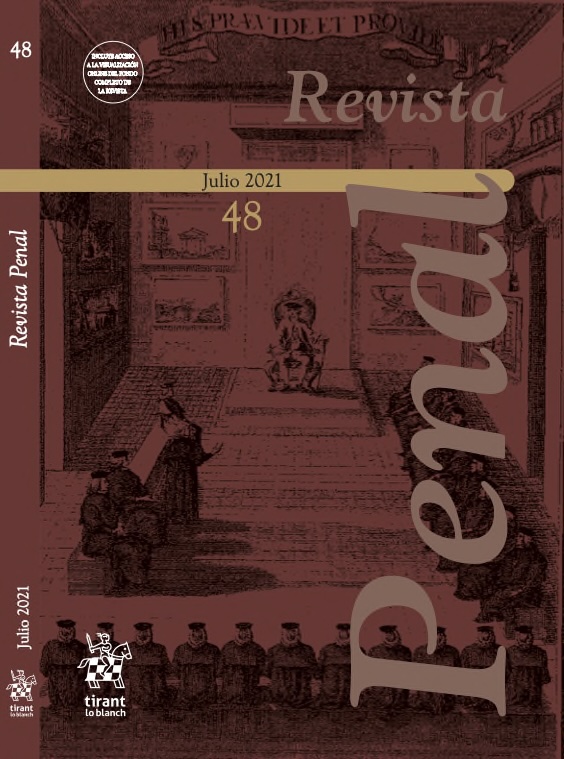Aporophobia and crime: the criminalisation of the illegal street vending
Abstract
This paper aims to study one of the main examples of the “criminal law of aporophobia” that can be found in the Spanish Criminal Code: the offence of illegal street vending. The expression “criminal law of aporophobia” refers to those criminal laws that provide discriminatory treatment to the most economically disadvantaged people. The illegal street vending is the only livelihood of certain individuals in Spain: poor immigrants, usually in an irregular administrative situation. Since they cannot access to the legal labour market, the street vending of counterfeit products is their only way of getting livelihood. The legislator considers that these behaviors shall be a criminal offence because they affects intellectual and industrial property rights. This paper, however, argues that such impact does not occur or does not do so to a degree that justifies the intervention of the criminal law, which has also not been effective in eradicating these practices. For this reason, this paper proposes the decriminalisation of the illegal street vending or, at least, a very restrictive interpretation of the elements of the definition of this criminal offence



